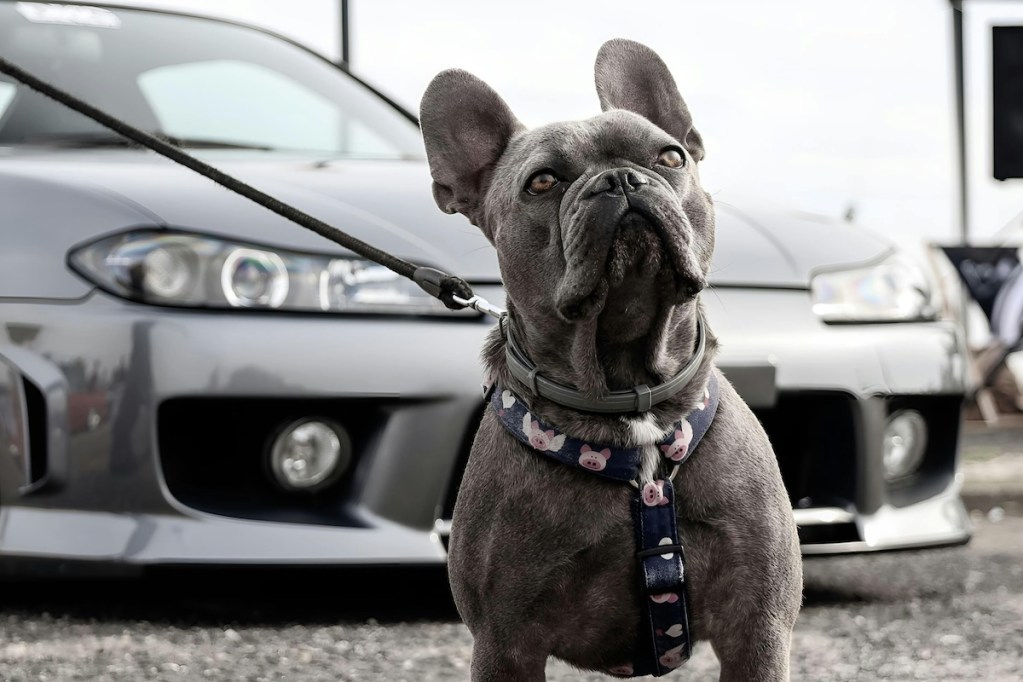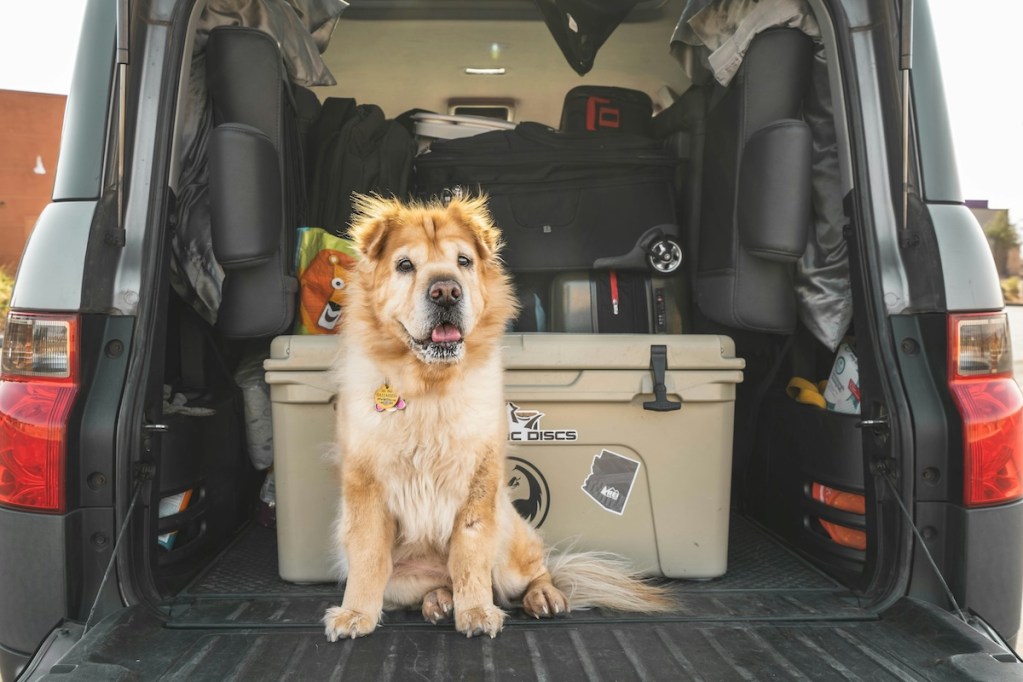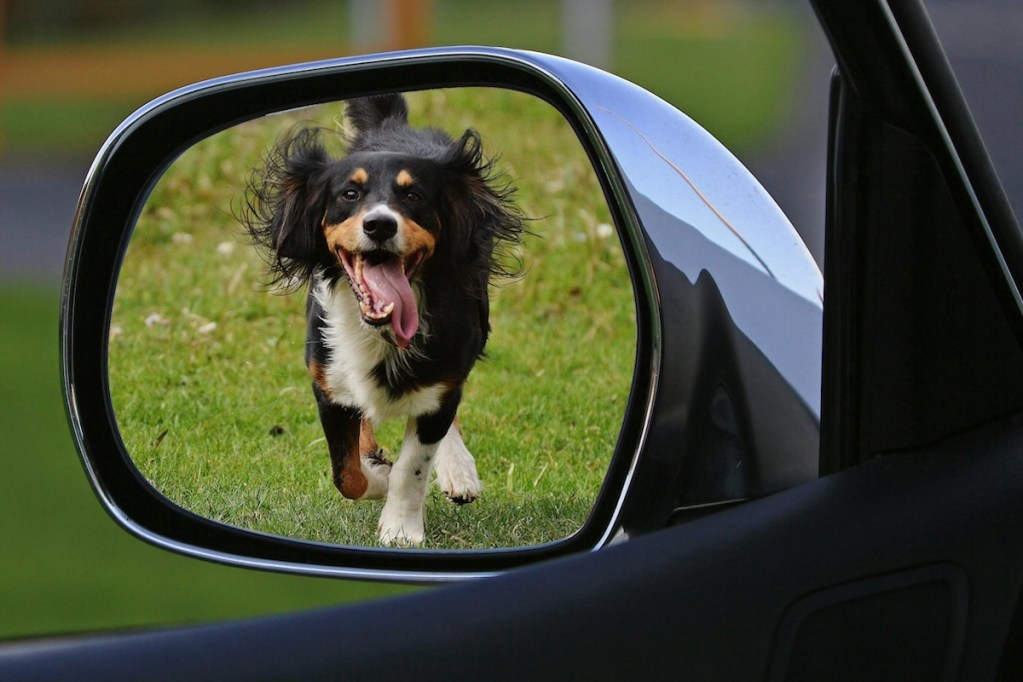
The image of a dog with their head out the window — tongue out and ears blowing in the breeze — is classic. Whether they’re getting an unpleasant surprise (a vet appointment) or joining their pet parent on a visit to the park or cross-country road trip, the dog is happy in the moment. Is the precious cargo safe, though?
Not to scare or shame you, but no. The best way to keep your beloved pet safe is in a dog car seat or similar product. The idea may seem like helicopter pet parenting. However, for several reasons, you’ll want to strongly consider a dog car seat or another product that keeps the dog safe and secure en route to a destination.
Why you’ll want to invest in a dog car seat

While letting your dog roam around the car or stick their head out the window sounds fun in theory, your best bet is to secure your pet. Dog car seats are rarely seen or used, but these reasons will have you strongly considering breaking the mold.
- Protection in case of an accident. You may white-knuckle it with a dog in the car, but you can’t control other drivers. When dogs are unsecured in a vehicle, they’re at risk of projecting forward during a collision. A dog car seat provides a crucial layer of protection in these instances.
- Keeps dogs safe from debris. As Americana as those head-out-the-window photos are, a dog in this position can get hit with dust and debris that could irritate the eyes or even injure them.
- Reduces motion sickness. Dogs can get motion sickness just like we can. When the dog is stationed in a car seat, it may prevent them from getting motion sickness or at least reduce the severity of the symptoms, keeping them comfy during their trip.
- You’ll be safer. Your 90-pound lapdog may wish to give you a hand (or paw) when you’re driving. As well-meaning as your pup may be, they’re not licensed to drive (nor should they be). Securing your dog keeps everyone safe and lets the driver focus.
- It’s the law. If the above aren’t enough to convince you to get a dog car seat, you may want to read up on local regulations. Multiple states, including Maine, Oregon, and Minnesota, require dogs to be harnessed in cars.
Final thoughts

A dog car seat is one of the safest ways to travel with your pup. These seats secure dogs, keeping them safe from accidents and debris that can injure them when they stick their heads out the window. Car seats can also keep them comfortable by reducing motion sickness.
A secure dog is less likely to distract a driver, so everyone else can stay safe, too. Finally, you may be required by state law to secure your dog. If a dog car seat isn’t a good fit, other options, like seatbelts, barriers, carriers, and crates, are worthy alternatives. Get one for your dog’s weight and read the manual for proper installation instructions.



